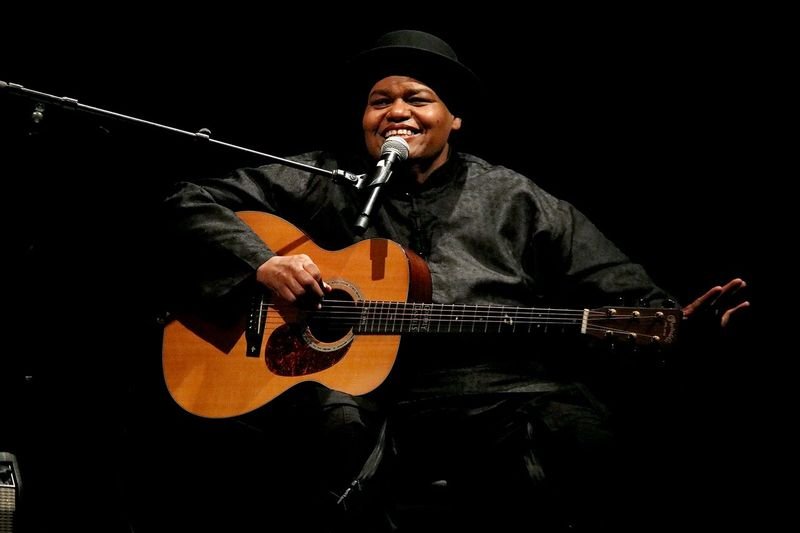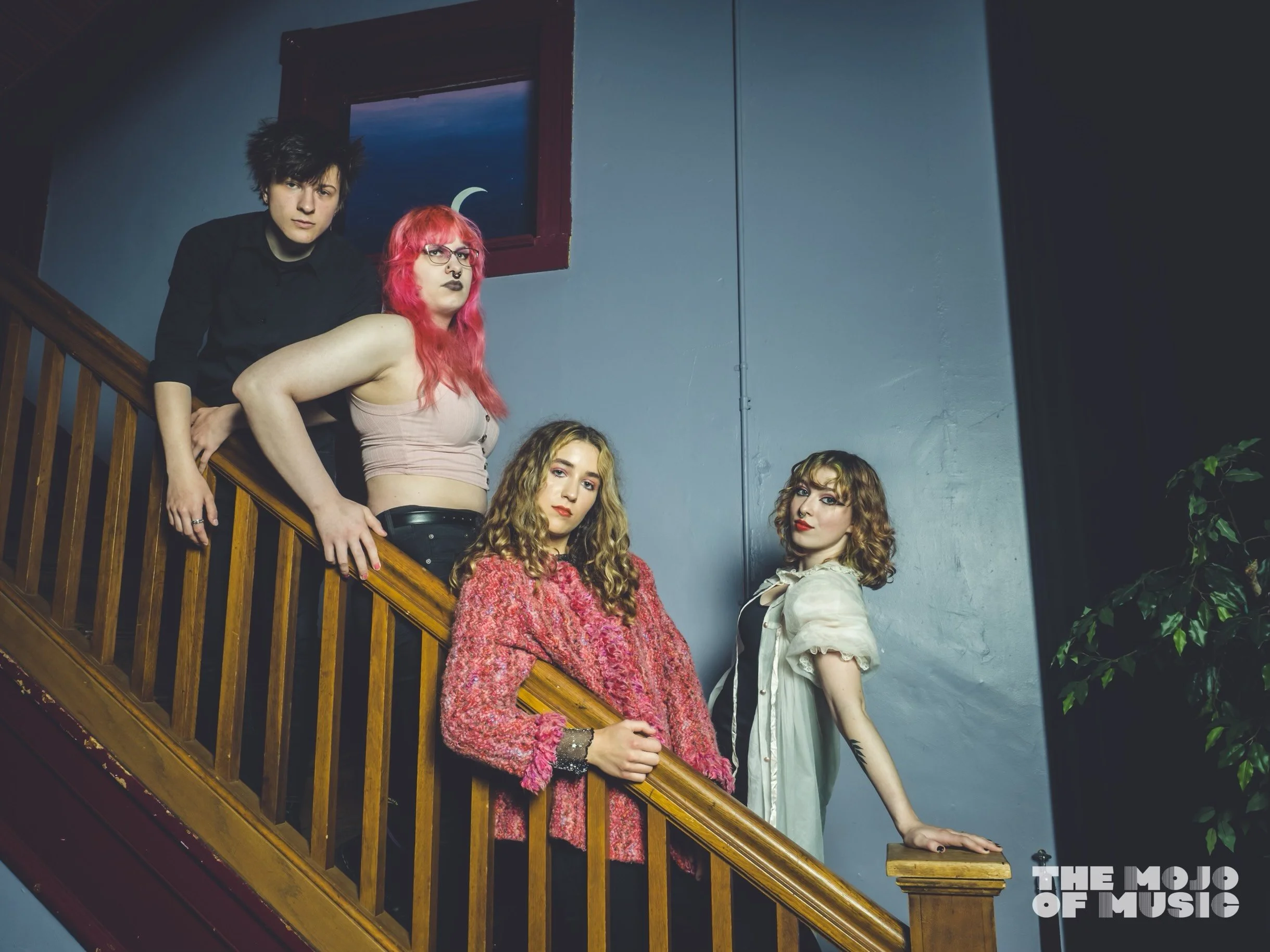Special Edition Spring 2024: Planting seeds for the future through an operatic reimagining of ‘Parable of the Sower’
Cover image: Collage by Jermya Sims
By Leah Keith
As college students, we plant roots in various ways throughout our time in higher education. From forming relationships with faculty members to establishing life-long friendships with peers, we nurture a garden of relationships, but what happens to that garden after we graduate? Do our seeds continue to grow and blossom, or do they dry out? Well, it depends on how you sow your seeds.
For those wondering what will happen to their seeds in the midst of change and transition, look no further than “Parable of the Sower” by the award-winning speculative fiction writer Octavia Butler.
Published in 1993, “Parable of the Sower” remains relevant to this day. The story follows Lauren Oya Olamina, a young Black woman on a journey to survive a futuristic dystopia in which Earth suffers from severe climate change, economic crisis and social inequity.
The book takes place starting in 2024, and you might notice similarities between this fictional book and real life. In this world, politicians use phrases such as “Make America Great Again,” and walls are put up to keep the impoverished away. Sound familiar?
“If you’re looking for work that speaks to these times, take a look at Octavia Butler’s work,” said Tarshia Stanley, Ph.D, founder of The Octavia E. Butler Society and the former Dean of the School of Humanities, Arts and Sciences at St. Kate’s. “People are fascinated by ‘Parable of the Sower’ because she was so accurate in predicting what would happen around the year 2024.”
Similar to Stanley, singer, composer and musician Toshi Reagon recognized the relevance of Butler’s writing after her mom, the scholar and activist Bernice Johnson Reagon, introduced her to Butler’s work. Both coming from a musical background, this mother and daughter duo took a special interest in “Parable of the Sower”and decided to compose an opera based on the book. The opera came into fruition in 2017, and by the spring of 2019, it made a stop at St. Catherine University.
Toshi Reagon during her performance of the “Parable of the Sower” opera. Credit: Ehud Lazin
During the 2018-2019 academic year, Reagon became a part of the campus community through her artist residency in which she visited campus three times before the performance: twice for sessions with St. Kate’s students, staff, faculty and the Sisters of St. Joseph, and once for a talk on International Women’s Day.
As a scholar of Butler’s work and a leader at St. Kate’s, Stanley understood Reagon’s vision of integrating Butler’s writings into the campus consciousness. In collaboration with Amy Hamlin, Ph.D., and other faculty and staff members along with prominent community artists, they created the first ever Integrated Learning Series based on “Parable of the Sower.” The Integrated Learning Series allowed students to become fully immersed in the story.
“We felt very much like the students kind of had a leadership role,” said Reagon. “It’s amazing once people see themselves participating, where they don’t feel like people are talking down to them or not meeting them where they are.”
The “Parable of the Sower” opera left a lasting impact on the students and greater St. Kate’s community, as it was then turned into a documentary, produced by BFRESH Productions in collaboration with Junauda Petrus, Erin Sharkey and Mychal Fisher.
One student in the documentary, Takii Thomas ‘21, recalled how the opera impacted campus in unique ways, an example being when singers came to her class and taught a song from the opera.
Thomas could not stop singing one part of the song for the rest of the day: “A sower went out to sow her seed.” Sowing seeds and cultivating new beginnings remains a key aspect of the book and opera, and that theme stuck with many people on campus.
“A lot of people started figuring out what their seeds were,” said Thomas. “I think it kind of moved throughout campus.”
Although many current St. Kate’s students did not experience the “Parable of the Sower” opera, we can all resonate with the theme of sowing seeds, especially as we cultivate and curate our time in college.
So, how do you sow seeds in your everyday life? What relationships are you fostering? Which passions are you nurturing? If you struggle to answer these questions, maybe it is time to get out into your garden and begin sowing, as the connections from college can last a lifetime.
As I graduate college this spring, I wonder how the seeds I planted here at St. Kate’s will come to fruition. Although I cannot predict the future, I hope my garden continues to grow.







